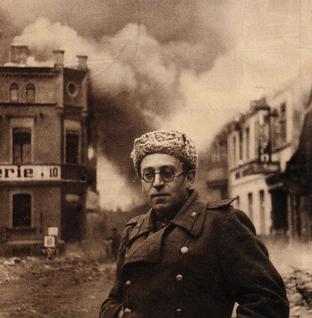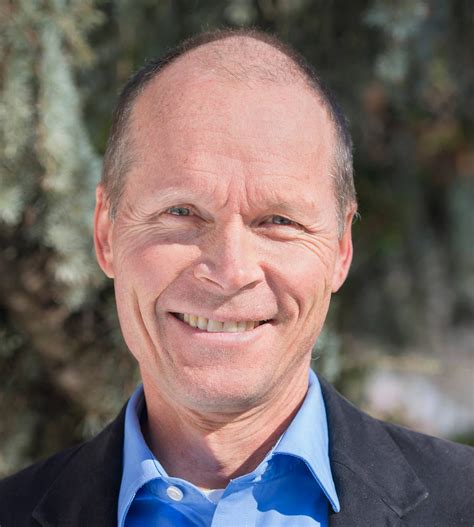A Quote by Dean Koontz
Because God is never cruel, there is a reason for all things. We must know the pain of loss; because if we never knew it, we would have no compassion for others, and we would become monsters of self-regard, creatures of unalloyed self-interest. The terrible pain of loss teaches humility to our prideful kind, has the power to soften uncaring hearts, to make a better person of a good one.
Quote Topics
All Things
Because
Become
Better
Better Person
Compassion
Compassion For Others
Creatures
Cruel
God
Good
Hearts
Humility
Interest
Kind
Knew
Know
Loss
Make
Monsters
Must
Never
No Compassion
Others
Our
Pain
Person
Power
Reason
Regard
Self
Self-Interest
Soften
Teaches
Terrible
Things
Uncaring
Would
Would Be
Related Quotes
Grief is real because loss is real. Each grief has its own imprint, as distinctive and as unique as the person we lost. The pain of loss is so intense, so heartbreaking, because in loving we deeply connect with another human being, and grief is the reflection of the connection that has been lost. We think we want to avoid the grief, but really it is the pain of the loss we want to avoid. Grief is the healing process that ultimately brings us comfort in our pain.
Poetry has its uses for despair. It can carve a shape in which a pain can seem to be; it can give one’s loss a form and dimension so that it might be loss and not simply a hopeless haunting. It can do these things for one person, or it can do them for an entire culture. But poetry is for psychological, spiritual, or emotional pain. For physical pain it is, like everything but drugs, useless.
When we descend all the way down to the bottom of loss, and dwell patiently, with an open heart, in the darkness and pain, we can bring back up with us the sweetness of life and the exhilaration of inner growth. When there is nothing left to lose, we find the true self - the self that is whole, the self that is enough, the self that no longer looks to others for definition, or completion, or anything but companionship on the journey.
Compassion allows us to use our own pain and the pain of others as a vehicle for connection. This is a delicate and profound path. We may be adverse to seeing our own suffering because it tends to ignite a blaze of self-blame and regret. And we may be adverse to seeing suffering in others because we find it unbearable or distasteful, or we find it threatening to our own happiness. All of these possible reactions to the suffering in the word make us want to turn away from life.
Obesity is the result of a loss of self-control. Indeed, loss of self-control might be said to be the defining social (or anti-social) characteristic of our age: public drunkenness, excessive gambling, promiscuity and common-or-garden rudeness are all examples of our collective loss of self-control.
I hurt myself deeply, though at the time I had no idea how deeply. I should have learned many things from that experience, but when I look back on it, all I gained was one single, undeniable fact. That ultimately I am a person who can do evil. I never consciously tried to hurt anyone, yet good intentions notwithstanding, when necessity demanded, I could become completely self-centred, even cruel. I was the kind of person who could, using some plausible excuse, inflict on a person I cared for a wound that would never heal.


































